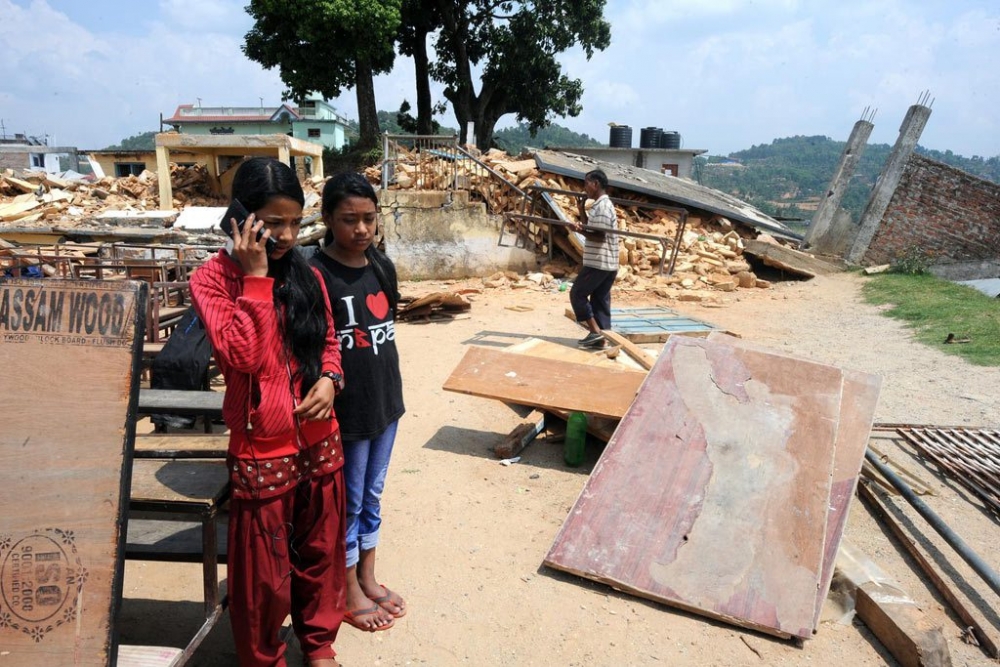The digital divide is closing: world’s least developed countries on track for universal internet

The UN have announced that the digital divide is narrowing with the world’s least developed and most vulnerable countries making large steps towards universal Internet access.
Millions of people in developing countries have access to digital devices such as smart phones which is fast tracking their sustainable development, according to the UN.
The latest UN report titled ‘Achieving universal and affordable Internet in least developed countries’ highlights the recent progress in Internet access and suggests that if current trends continue targets could be met by 2020. The report was conducted by the UN Office of the High Representative for the Least Developed Countries, Landlocked Developing Countries and Small Island Developing States (OHRLLS) and UN International Telecommunication Union.
The introduction of 3G mobile coverage and data services has been a significant influencer in this success. The report indicates that within the 47 least developed countries 60% of the population is covered by a 3G mobile network, with 80% having access to mobile networks.
Houlin Zhao, the Secretary-General of the UN International Telecommunication Union (ITU) noted that:
“Least developed countries with a strong government commitment, recognising the importance of digital technologies for national development, and backed by enlightened policy and regulatory actions including steps to develop skills, can achieve universal and affordable access to the Internet”
Access to mobile networks and the Internet has a significant impact on financial inclusion, poverty reduction and improved health care.
The report suggests that by 2020 97% of the population in least developed countries will have mobile broadband coverage. Affordable Internet access results in new innovations, business opportunities and improvements to health and education.
Fekitamoeloa Katoa ‘Utoikamanu, UN official for Least Developed and other Vulnerable Countries, highlighted the importance of maintaining the provision of Internet services in achieving sustainable development:
"It is vital that all stakeholders – governments, civil society, the private sector and UN system – continue to build momentum through collaboration and sharing of innovative solutions"
According to the UN the 47 least developed countries represent the most vulnerable international population, comprising of over 880 million people, 12% of the global population. However, this segment currently only accounts for less than 2% of global Gross Domestic Product (GDP). Providing these communities with internet and mobile broadband access is likely to boost their contribution to GDP and promote inclusive innovation.
However, the report indicates that issues such as limited ICT skills, education levels and gender equality will restrict the benefits of universal internet access.
Technology for the people, by the people is a key discussion point at AIDF’s 3rd Annual Aid & Development Africa Summit taking place on 27-28 February 2018 in Nairobi. For more information on the summit and other topics to be covered visit: africa.aidforum.org
If you’d like to stay informed on the latest updates in aid and development, please sign up for the AIDF newsletter.
Image source: UN









